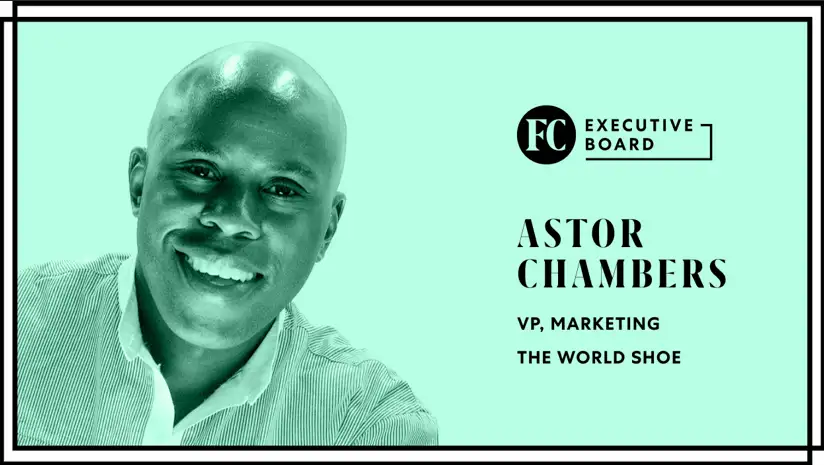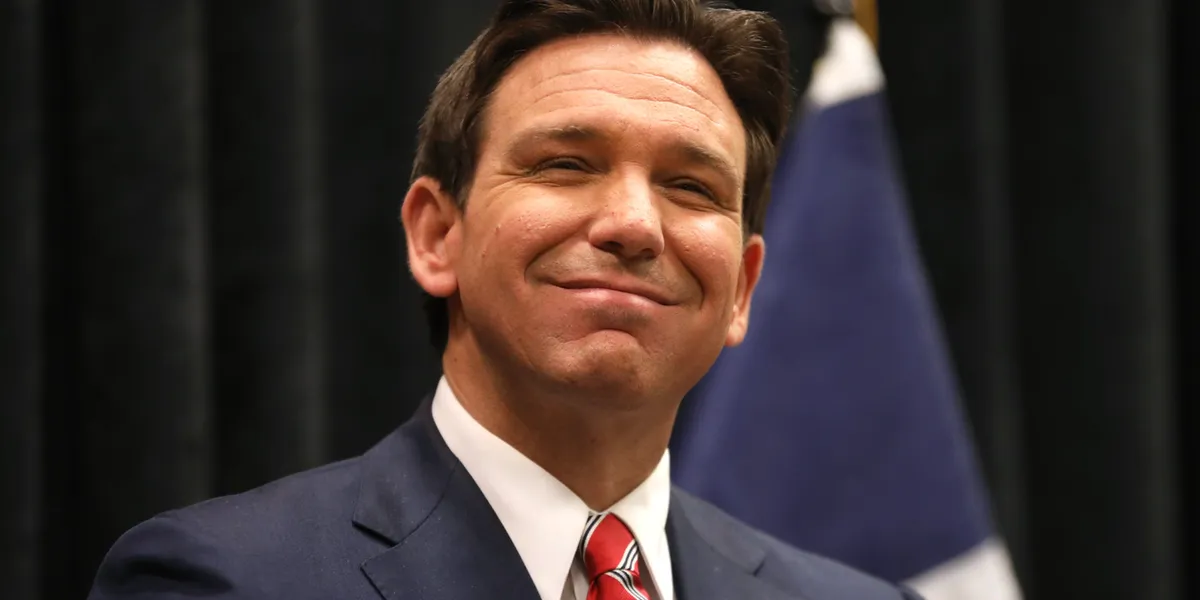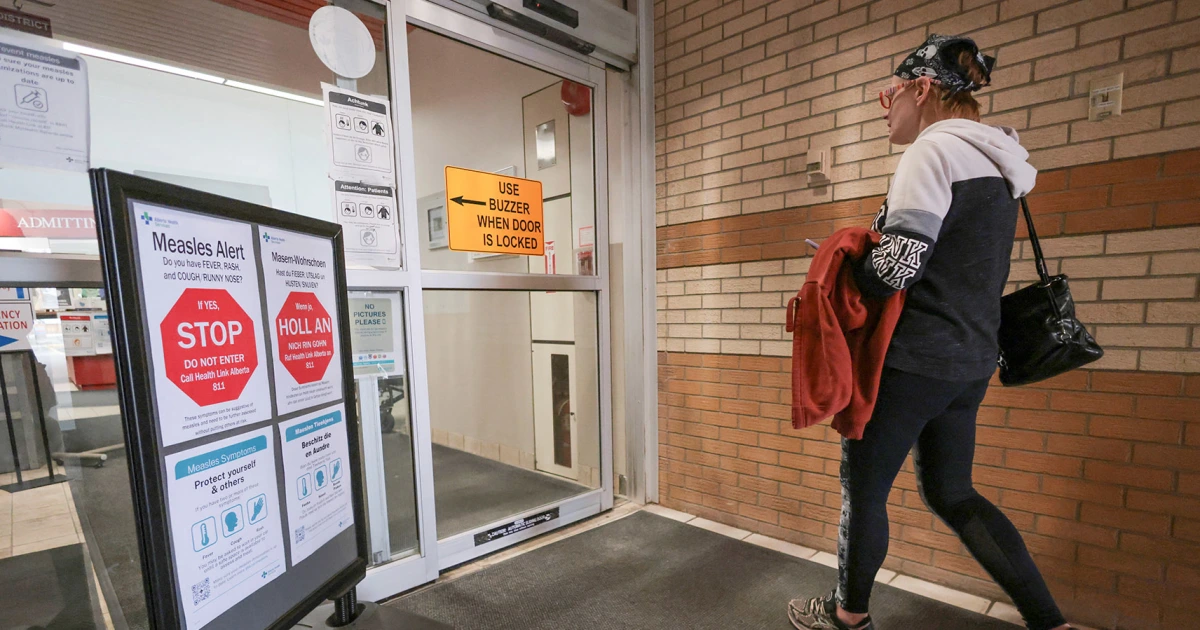Copyright Fast Company

Most of today’s top footwear brands are focused on fashion and function. But World Shoe has quietly been redefining the landscape, part of a wider effort to eliminate 600 million shoeless people worldwide. Although World Shoe isn’t the first shoe company dedicated to giving back, it is using groundbreaking, unique methods to bring shoes to people and help eliminate one of the root causes of systemic poverty. “The idea is simple,” says Astor Chambers, VP of marketing for World Shoe. “We’re redefining the purpose of style by giving U.S. footwear customers a product that directly supports jobs, education programs, health initiatives and innovation in Africa. For our customers, it’s not just about looking good—it’s about doing good in the world.” Unlike charity models, World Shoe isn’t handing out footwear—it’s built a business model that’s sustainable and impactful. The company is developing a growing family of different shoes and operates its own factory in Ghana, producing five million pairs of shoes a year. With a workforce that draws from local communities, World Shoe is pioneering an approach aimed at proving that innovation and manufacturing in Africa isn’t just possible, it’s also a barometer for the growth opportunities of the future. “It’s not an outsourcing model,” Chambers explains. “It’s insourcing. We’re making shoes for the world, right here in Ghana.” This approach not only creates jobs but also strengthens local economies and builds generational wealth. Subscribe to the Daily newsletter.Fast Company's trending stories delivered to you every day Privacy Policy | Fast Company Newsletters BALANCING PROFITABILITY AND PURPOSE While many brands struggle to balance commercial success with social impact, World Shoe sees it differently. “People today want more than just a product—they want a story, a purpose,” Chambers says. “Every purchase should feel like an investment in something bigger.” Instead of seeing purpose-driven business as a challenge, World Shoe embraces it as a competitive advantage. Its leaders believe that profitability and impact can go hand in hand. Their secret? Staying focused on their core mission. “Keep the main thing the main thing,” Chambers advises. “It’s easy to get pulled in different directions, but if you stay true to your mission, everything else falls into place.” A MODEL FOR CHANGE IN AFRICA Many African markets are looking for innovative ways to fund public health and education initiatives. World Shoe is showing how businesses can play a role. By investing in local production and government partnerships, it is creating solutions that go beyond short-term aid. “Our shoes aren’t just footwear,” Chambers says. “They’re tools for mobility, health, and dignity.” World Shoe sees Africa as a rising powerhouse. Its factory in Ghana is proof that world-class manufacturing can happen on the continent. advertisement For American consumers who want the U.S. to maintain its engagement with the world and continue to be a growth resource for emerging markets, World Shoe’s approach reflects a simple but powerful concept that commerce and compassion aren’t mutually exclusive: Businesses can be both profitable and purposeful without sacrificing one for the other. “This isn’t just about shoes,” Chambers says. “It’s about shifting the way we think about business. The future belongs to brands that serve, not just sell, and we’re excited to be working with commercial customers who are at the vanguard of blending marketing with social purpose.” That message is already resonating with some major partners that are providing important sales channels. For example, sporting goods giant Scheels is working with World Shoe to sell the shoes to American consumers, while Sanford Health plans to make the shoes available to its healthcare workers in the U.S. and in its Ghana division, Sanford World Clinics. With consumers demanding more from the companies they support, World Shoe is leading the way—one step at a time.



